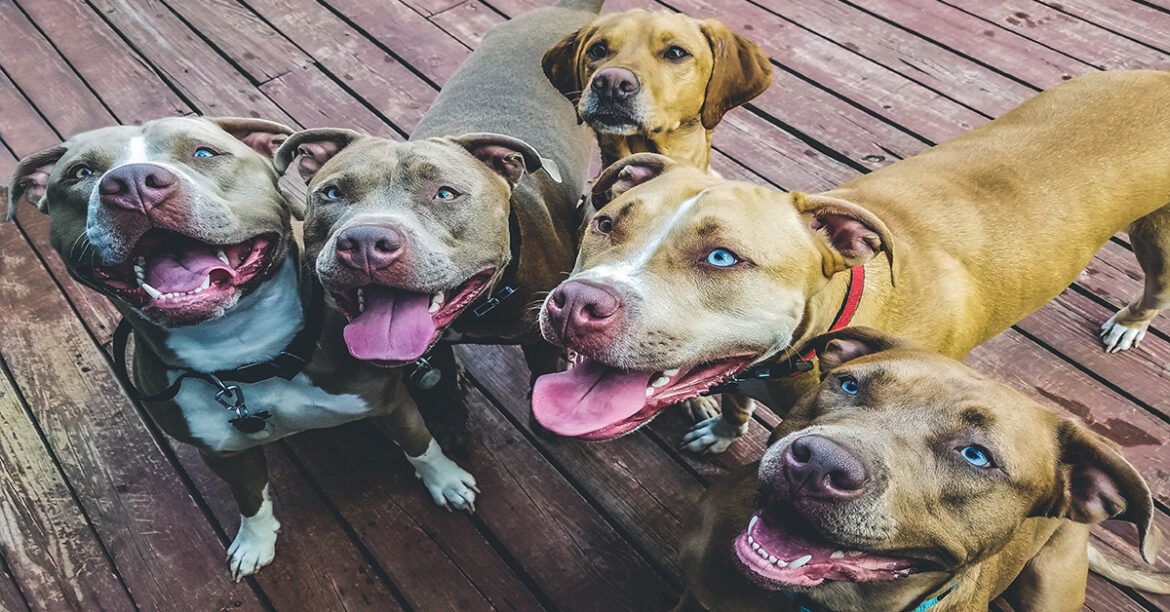
In 1989, in the wake of a series of serious injuries caused by pit bulls, most notably the mauling of a 7-year-old girl and her mother, Miami-Dade County adopted an ordinance making it illegal for residents to own or keep an American Pit Bull, American Staffordshire Terrier, Staffordshire Bull Terrier, or any other dog whose characteristics closely resemble those of the pit bull breed.
The following year, the Florida legislature enacted Florida Statute Section 767.14, which prohibited local governments from adopting breed specific dog laws. However, the law specifically grandfathered in any local ordinance enacted prior to October 1, 1990. As such, Miami Dade County’s pit bull specific ban remained in place. In 2012, Miami Dade County was the only county in the state with a breed specific ban. State legislators desirous of removing the grandfathering provision that allowed Miami Dade County to keep its ban had proposed legislation to do so. However, after an agreement with Miami Dade County Commissioners to have the County hold a vote to repeal the pit bull ban, the state legislation was postponed and ultimately did not make it out of Committee. The County did ultimately put the measure on a County wide ballot. By a vote of 63% to 37%, the voters elected to keep the ban in place.
The County’s pit bull prohibition was relied on by many local condominiums that did not have breed specific bans in their association’s governing documents. This will no longer be possible.
Earlier this year, SB942 successfully approved elimination of the provision in Florida Statute Section 767.14 that grandfathered in the Miami-Dade County ordinance. Beginning on October 1, 2023, no local government (nor any public housing authority) can adopt any regulation or policy to address the safety and welfare concerns caused by dog attacks on persons or domestic animals if the regulation is specific to a particular dog breed, weight, or size.
Of course, this change does not prevent any condominium, cooperative or homeowner’s association from voting to include such restrictions in its governing documents. However, community associations should be aware that a movement against breed specific regulations is gaining ground and efforts to minimize issues with dogs might best be approached through weight and size restrictions. Weight and size restrictions on pets can be very important in community living, particularly in multi-unit buildings where shared elevators, common areas and shared walls and amplify noises and present situations that can lead to difficult encounters even among the most typically docile dogs.






Recent Comments